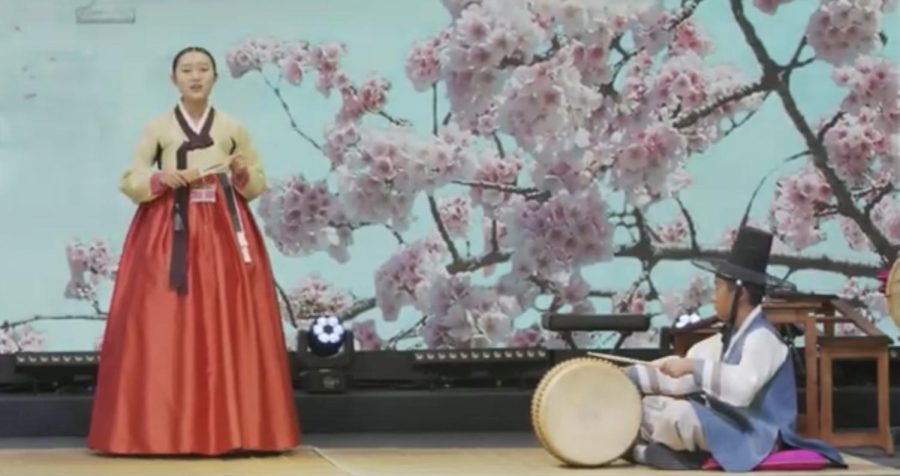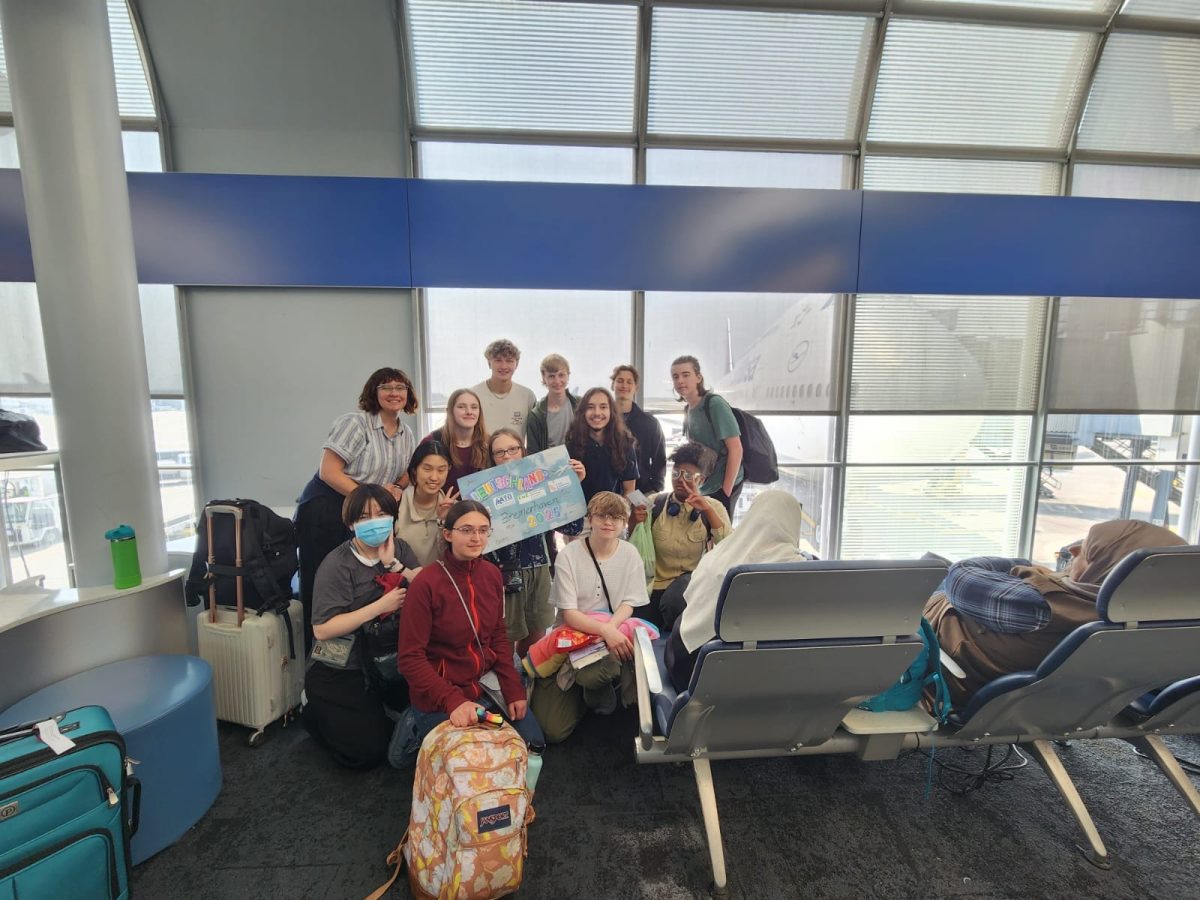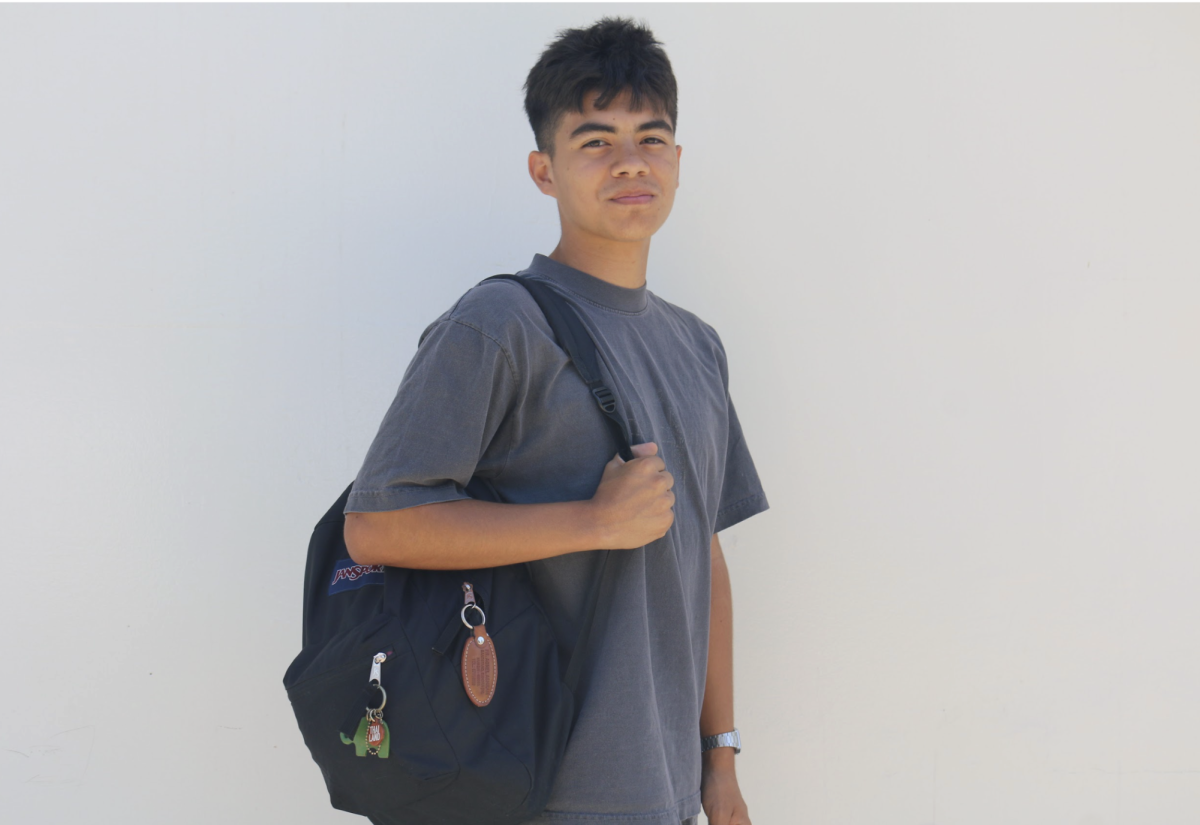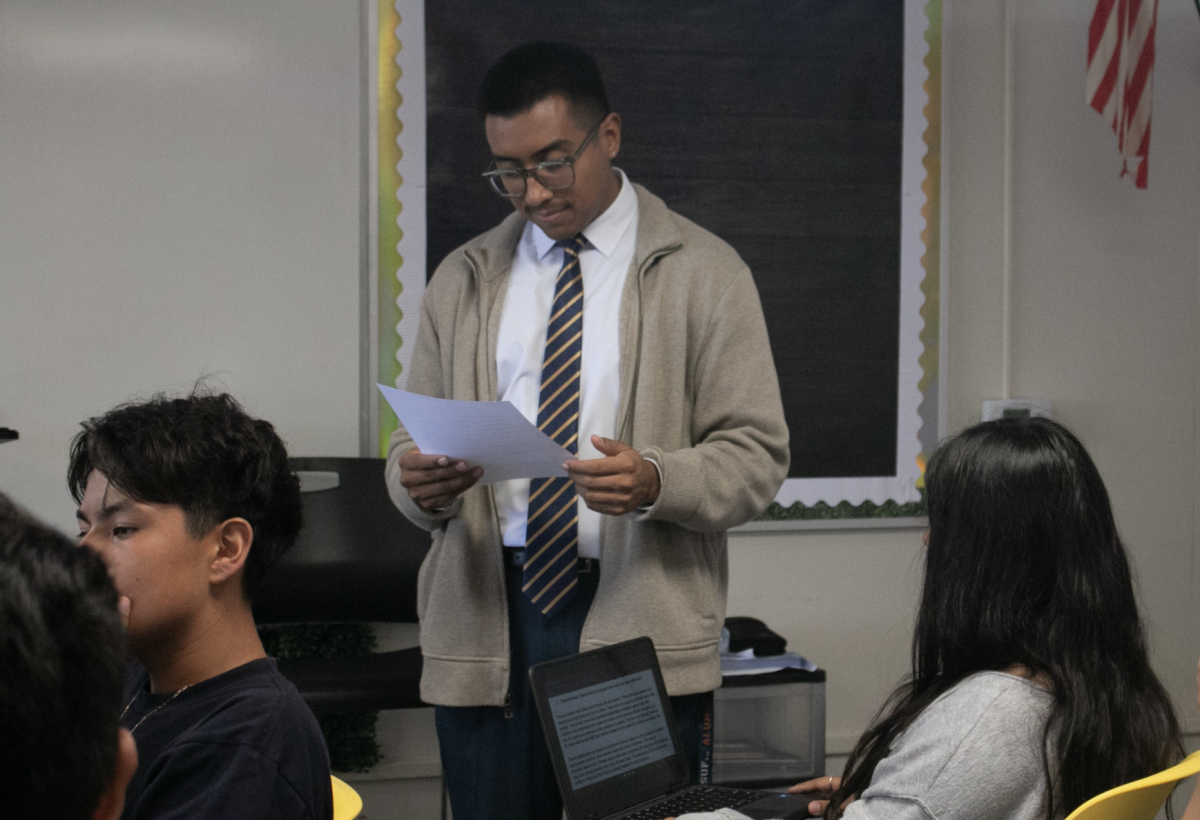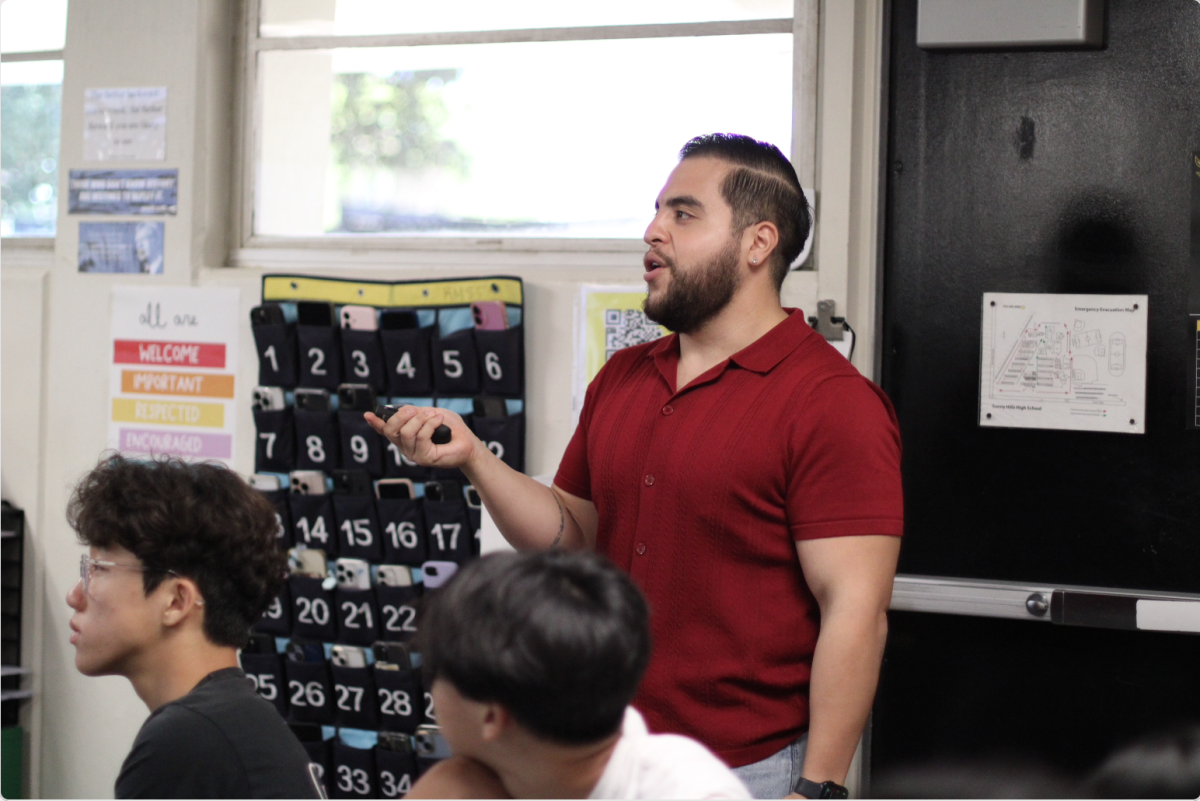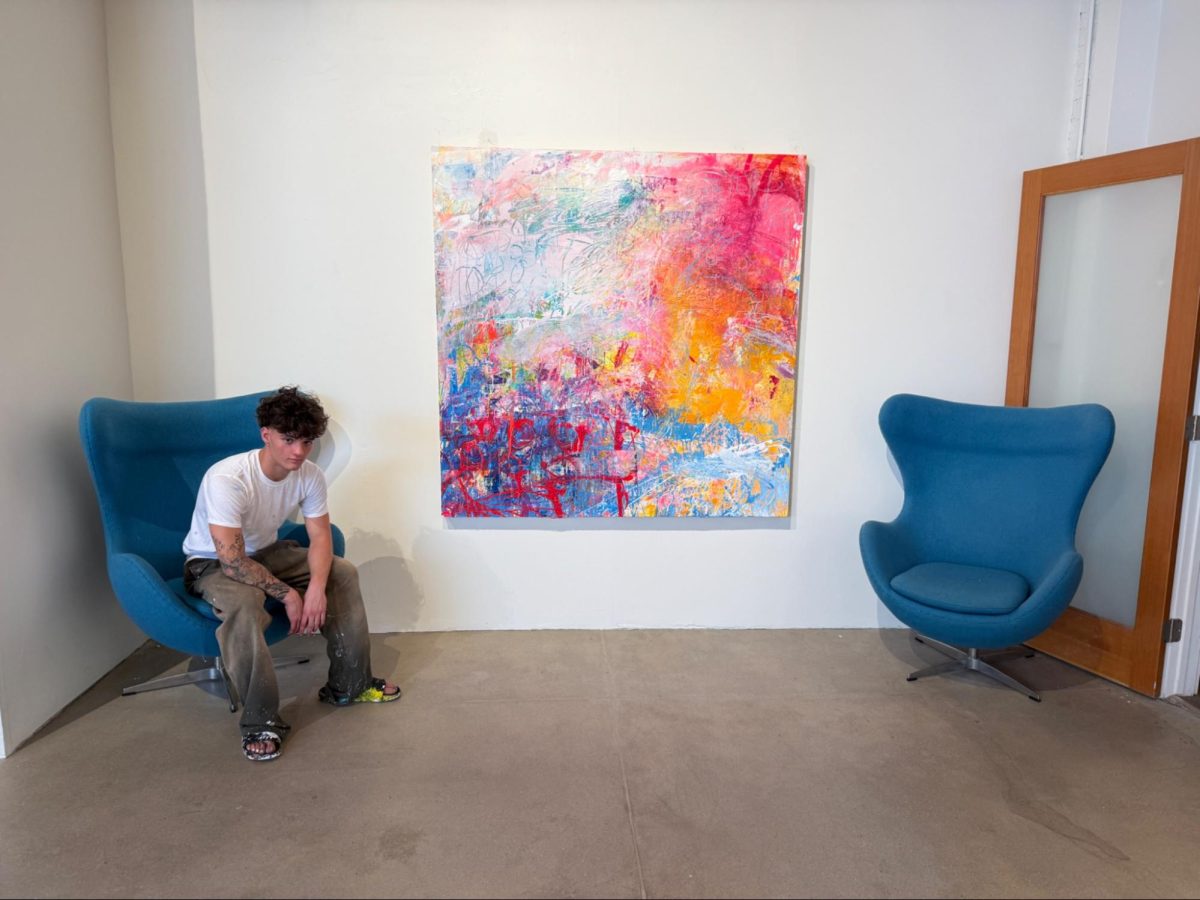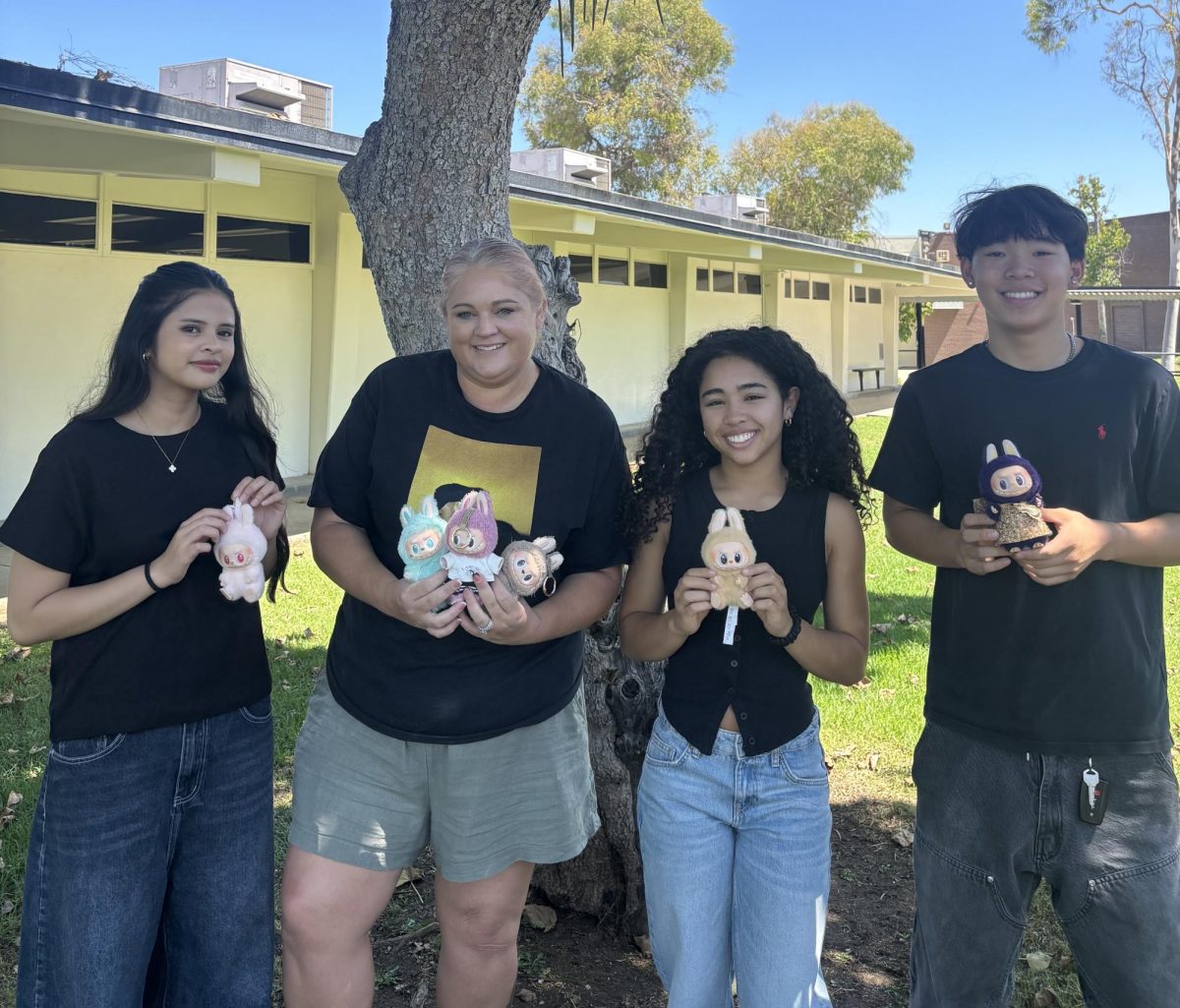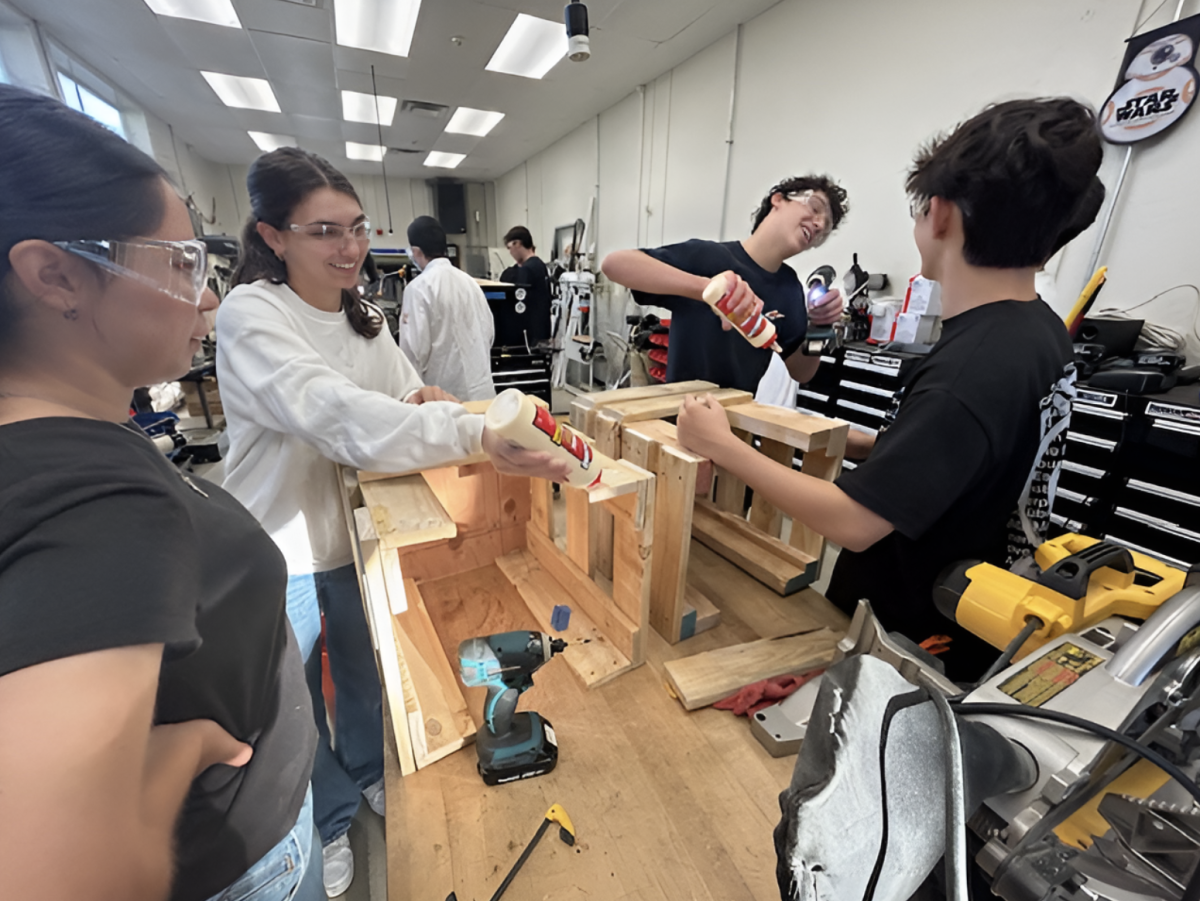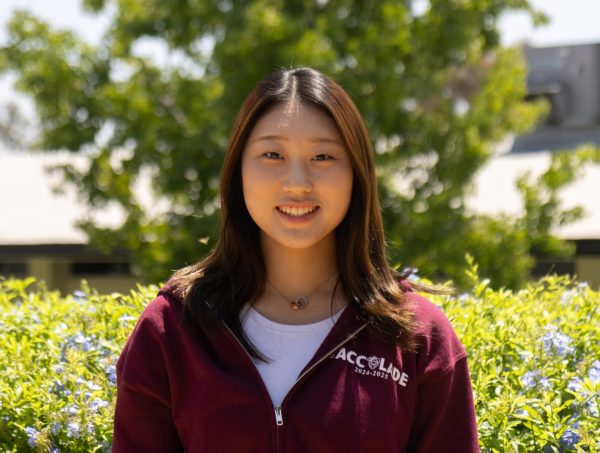Two weeks away from her family and friends.
Two weeks missing school and having to make up all that work.
Two weeks living overseas in an island city southwest of South Korea.
Those were the kind of arguments senior Ellie Kim came up with to stay at home instead of accepting an offer to further her skills and interest in Korean traditional music.
On top of that, Kim said her parents would have to pay for her own round-trip transportation to Jindo Island, departing Southern California on Sunday, Oct. 9, 2022, and returning Sunday, Oct. 23, 2022.
“I wasn’t really excited because I knew that I was going to be surrounded by people I don’t know,” she said. “I was more scared.”
Kim’s invitation to travel overseas came in the form of a September letter that she received from the National Gugak Center. Written in Korean, the correspondence offered her and her 13-year-old brother a chance to pursue their interest in pansori, a type of traditional Korean musical storytelling of old Korean tales composed of a drummer and singer.
“To be honest, I didn’t want to go; I didn’t want to be behind on my studies or leave my house for more than a week,” said Kim, who started learning pansori around the age of 7, influenced by her dad’s interest in Korean traditional culture. “But it was an opportunity that may not come back.”
So after some mulling over, Kim, who has traveled to Seoul before but never to Jindo Island, said she and her brother decided to accept the offer.
“It took about a month or so to decide whether my brother and I wanted to go to Korea,” she said. “We had to consider the fact that we were going without our parents and that we were going to miss school among other factors.”
When the two arrived at the Incheon airport, west of Seoul, Kim said she boarded a bus with 16 others also heading for this learning experience for a four-hour ride to the National Gugak Center, where they would dorm for the next two weeks.
“The center was nice; it was modern, but the island was rural with nothing around it,” Kim said. “Just farm and the ocean.”
The pansori group of students followed a regimented schedule, practicing from 9-10 a.m. and attending nanta – a Korean traditional instrument that plays along with pansori – and pansori lessons from 10 a.m.-6 p.m. On the weekdays, Kim said she attended three periods, two of them being nanta and one that focused on pansori.
“In the beginning, it was pretty hard because of the time difference and new schedule,” said Kim, who does the singing as well as her brother.
Ironically, neither took any pictures of their time at the center or during any of the times they toured the island.
Kim said she remembers feeling honored to learn a challenging Korean pansori song from her teacher.
“This trip made me appreciate and be proud of Korean culture,” she said.
The overseas trip also gave her an opportunity to form new friendships – surprisingly from a group of Hungarian students.
“They were so proud of what they were doing with the Korean culture even though they were not Korean,” Kim said. “They were so supportive and encouraging, so I was able to work harder.”
Despite her worries at the beginning regarding school work and extracurricular activities, Kim said it all paid off in the end.
From her freshman to junior year, Kim has also been the leader of the pansori subgroup in the Korean Culture Club [KCC].
“She was very talented,” KCC adviser Esther Shin said. “She started with the pansori subgroup, and I wish we could have continued [with her].”
Kim’s brother could not be reached for comment about the trip and his sister’s singing talent.
Kim said she hopes to proceed with her pansori journey, especially after returning from South Korea.
“After watching my performance, the elders would come and thank me for continuing this traditional culture,” said Kim, who doesn’t plan to pursue a career as a pansori singer. “They don’t compliment my skills but focus on the fact that I am doing pansori.”
Despite this, Kim still cherishes the lessons and the experience she has with this unique Korean tradition, hoping her knowledge can bring awareness to others around her.
“I want to say how I wish more people knew about pansori; it is rare in today’s society, and I think it’s a really important part of Korean culture,” she said.



